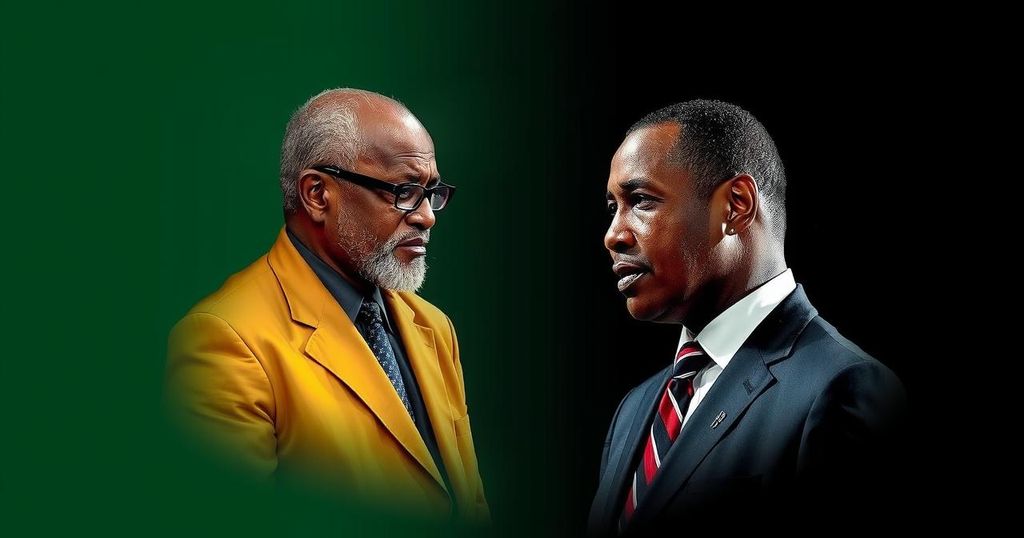Tensions Escalate in Mozambique Following Assassination of Opposition Figures
Tensions in Mozambique surged after the murder of two political activists allied with opposition leader Venâncio Mondlane following a disputed presidential election. The victims, Elvino Dias and Paulo Guambe, were targeted in an ambush just as allegations of electoral fraud loomed large, igniting fears of increased violence and instability in the region.
Tensions in Mozambique escalated following the tragic assassination of two prominent supporters of Venâncio Mondlane, the leading opposition candidate in the recent presidential election. The incident occurred on a Friday night in Maputo, where lawyer Elvino Dias and Podemos official Paulo Guambe were ambushed and shot while traveling in their vehicle. This act of violence heightened an already charged atmosphere after a presidential poll fraught with allegations of electoral fraud, primarily benefiting the ruling party, Frelimo, through its candidate, Daniel Chapo. Elvino Dias was poised to contest the election results in court, influenced by findings from independent election observers which noted multiple irregularities favoring Mr. Chapo. The tension surrounding the election was exacerbated by Mondlane’s firm accusations of electoral misconduct, urging his supporters to engage in public demonstrations. A general strike was planned for Monday, with Mr. Dias serving as one of its primary organizers. This political climate now faces further uncertainty as the official election results remain incomplete, although early counts indicate a substantial lead for the incumbent party, Frelimo. The cooling atmosphere signified by these shootings leaves many feeling dismayed and apprehensive about the future of political discourse and safety in Mozambique.
Mozambique has been navigating a complex political landscape characterized by longstanding tensions between Frelimo, the ruling party since independence, and the burgeoning opposition represented by parties such as Podemos. The recent presidential election on October 9 was marked by allegations of electoral irregularities and fraud, causing significant unrest among the populace, especially within the youth demographic that has rallied behind Mondlane’s candidacy. The aftermath of such a contentious election has seen violence directed at opposition figures, signifying potential threats to democratic processes in the country.
The assassination of key political figures in Mozambique signals a grim escalation of violence in an already contentious political environment. With the ruling party facing accusations of electoral fraud and growing dissent among the electorate, the path forward appears fraught with peril. It is imperative for the Mozambican people and international observers alike to advocate for transparency and accountability to ensure the safety of all political participants and the integrity of the electoral process.
Original Source: www.nytimes.com




Post Comment